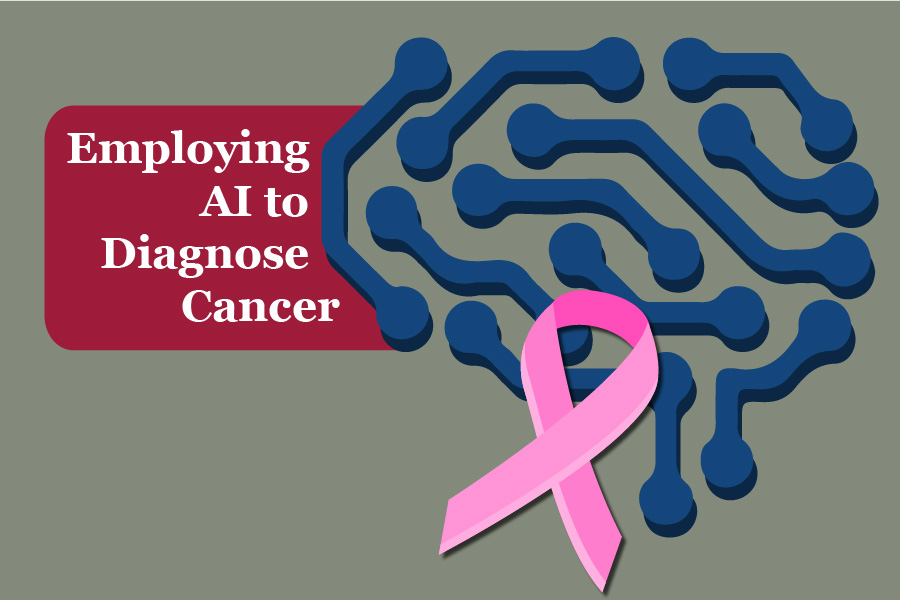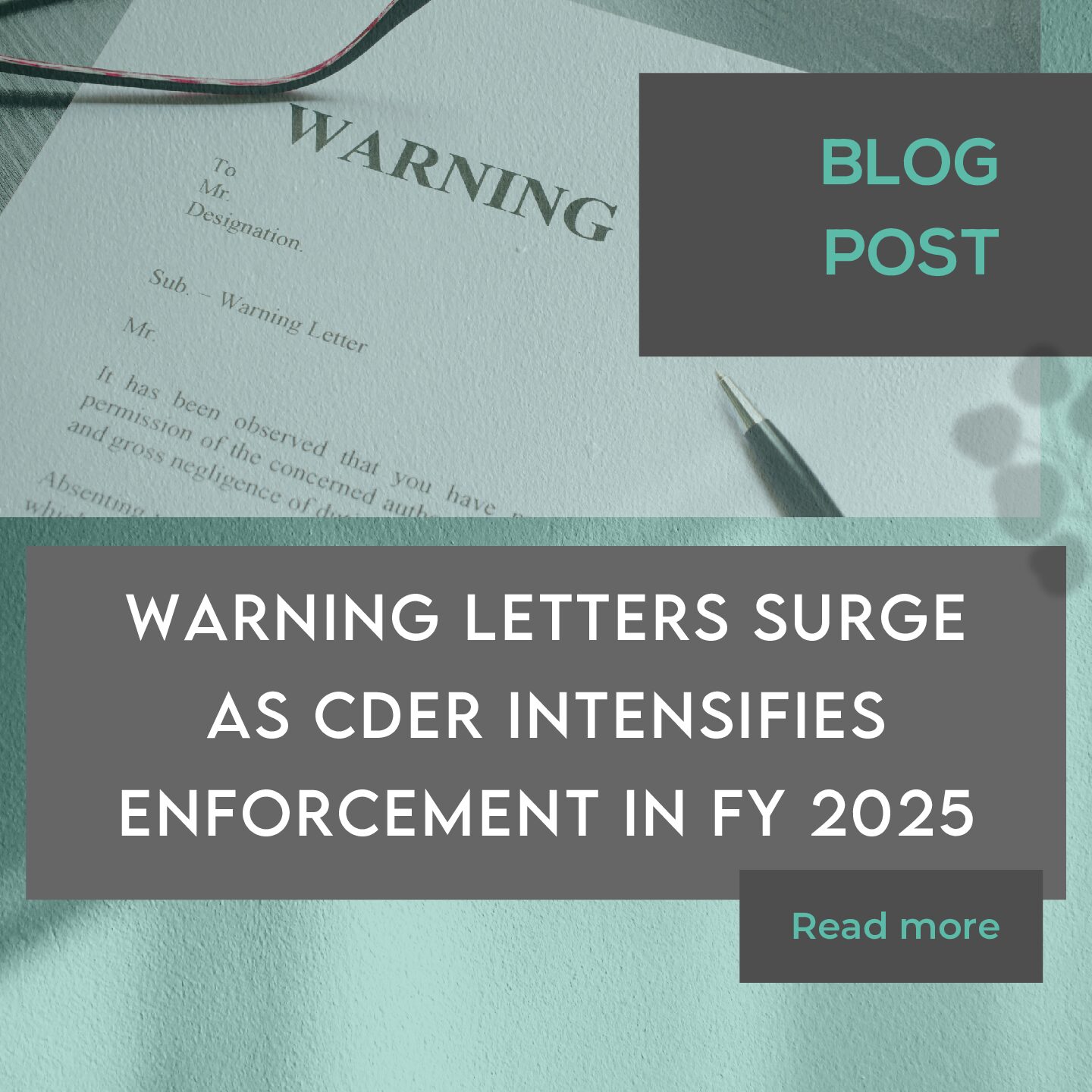In my software engineering career, I was lucky enough to work on some amazing frameworks and technologies, but nothing compares to the features and computing power enabled by Artificial Intelligence (AI). It is often utilized in cases of predictions, reducing computations, recommendations, and now based on my research, it is heavily being used in the healthcare sector.
The beauty of an AI-based application lies behind the mathematics implemented during the “training” and “testing” phases. What training means is that I supply both the initially computed inputs and outputs to my selected AI model and my model gets trained with all types of combinations of inputs and outputs. Testing is when I supply new inputs and verify that my model predicted the precise expected outputs using the trained dataset. Now that we know the major components of an AI-based application, let us look at how it can be utilized to battle a disease that is one of the leading causes of death in the US, Cancer.
Truly, the purpose of employing AI in healthcare is to overcome challenges the human brain cannot discern or which require a considerate amount of time for problem-solving or analysis. A simple example is the imaging software used in Cancer detection. Consider an imaging tool utilized in breast cancer imaging. Once imaging is done, these scans or images are scrutinized by health care professionals to decide if the patient has cancer. This is where imaging AI/ML algorithms could be utilized for providing precise decisions and to track the spread of cancer. Also, the tool could be used for detecting specific symptoms that reflect the patient might have cancer, facilitating early diagnosis and treatment.1 One of the popular examples is the FDA-cleared Hologic’s Genius AI software tool which is utilized in the detection and early diagnosis of breast cancer cells. It uses Deep Learning (DL is a part of AI) for the detection of symptoms by scanning and analyzing the chest images of patients.
What I also want to highlight is the level of safety included in these applications. Indeed, these applications help healthcare professionals identify cancer in patients and allow them to focus more on treatment sessions. Specifically, in the medical device industry, what this means is that these AI-based software applications should be subjected to robust validation and comply with all regulatory requirements.
Validation implies cross-checking the system design with the developed final product to ensure that the software is safe and effective enough to be released for use on patients. The prerequisite for validation is the software requirement documentation including the architecture. It is a part of verification activities, which also includes performing risk-assessment and in-depth code testing with inspections for identifying and resolving any existing risks in the software tool.
For AI-based medical devices, the frequency of changes can be quite high as the training dataset or the model itself can be changed to gain higher accuracy. To capture such frequently changing requirements, the FDA recently released a novel action plan that offers the steps they would be implementing for specifically regulating AI/ML-based medical devices. This action plan includes activities such as eliminating biased factors, such as race and ethnicity, that affect the model learning and collecting real-time data for monitoring the functionality and performance. One of the key action items that I am eagerly looking forward to is the release of the guidance document this year that will provide information on what manufacturers should include in their document packet when it comes to FDA review and approval.2
To sum up, I see a lot of potential in AI to transform the current medical software systems into a next-generation AI-based software tool, enabling early Cancer diagnosis and better treatment. Truly, manufacturers should ensure that their software tool is thoroughly validated and tested as these decisions drive patient care and safety. Do you have an AI/ML-based software tool that needs to be validated for FDA compliance? Our quality and software experts can get your software tool completely validated and guide you through the FDA regulatory process. Contact us at 248-987-4497 or email info@emmainternational.com for more information.
1National Cancer Institute (August 2020). Artificial Intelligence – Opportunities in Cancer Research. Retrieved on February 17, 2021 from https://www.cancer.gov/research/areas/diagnosis/artificial-intelligence#:~:text=Integration%20of%20AI%20technology%20in,particularly%20in%20low%2Dresource%20settings.
2FDA (January 2021). FDA Releases Artificial Intelligence/Machine Learning Action Plan. Retrieved on February 9th, 2021 from https://www.fda.gov/news-events/press-announcements/fda-releases-artificial-intelligencemachine-learning-action-plan.





